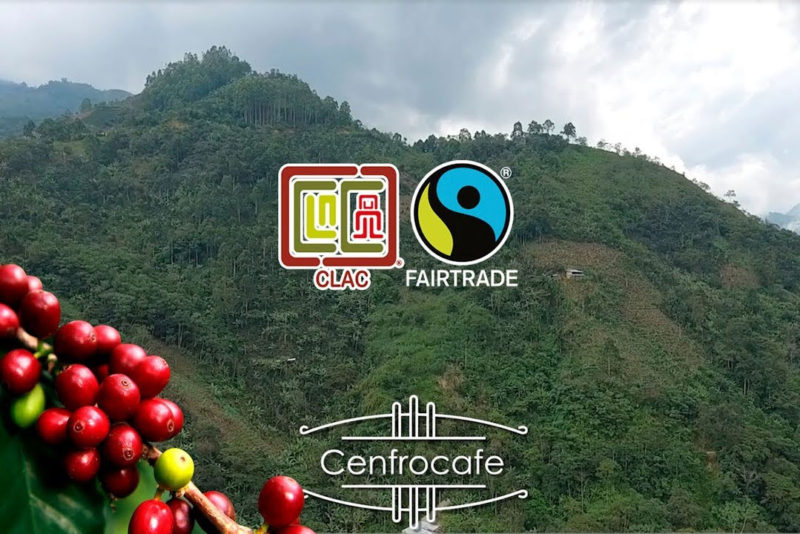Central Fronteriza Del Norte De Cafetaleros (Cenfrocafe), Peru
Located in the provinces of Jaen, San Ignacio, and Bagua along the northwestern area of Peru.
FLO ID 4395
Fairtrade certified since 2007
Number of members 2,750
About Cenfrocafe
Cenfrocafe was formed in 1999, by uniting 12 small community associations in the village of Palla Peña. Today, it is a large network of 84 organizations, representing more than 3,000 farming families. As the organization has grown over the years, it has maintained its vision of becoming a leading cooperative in Peru, and to improve the well-being of its members, who live in an isolated and mountainous region of the country. Members of Cenfrocafe have an average farm size of 4-10 hectares, located at an altitude of around 1,500 meters. The members of Cenfrocafe prioritise organic farming to ensure they continue to live in harmony with their environment. Achieving their Fairtrade certification in 2007 solidified their goals of impact, social responsibility and environmental conservation, which makes up the fabric of the cooperative’s identity.
The Impact of Fairtrade
Cenfrocafe have a strong team which manage Fairtrade Premium projects. As the coop has grown, they have been able to make a number of major investments, including:
- their own coffee processing plant;
- a central storage warehouse, with logistics software and a tasting lab;
- a program for the development of innovation and entrepreneurship in agriculture; and
- training and technical assistance for farmers as well as a rotating fund for organic fertilizers.
The faces of Cenfrocafe
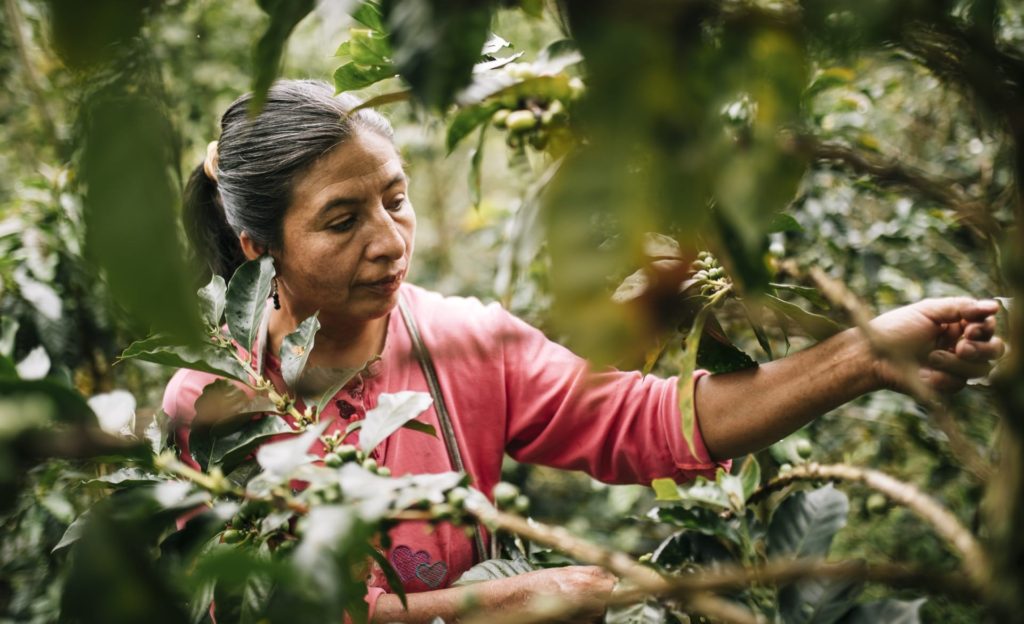
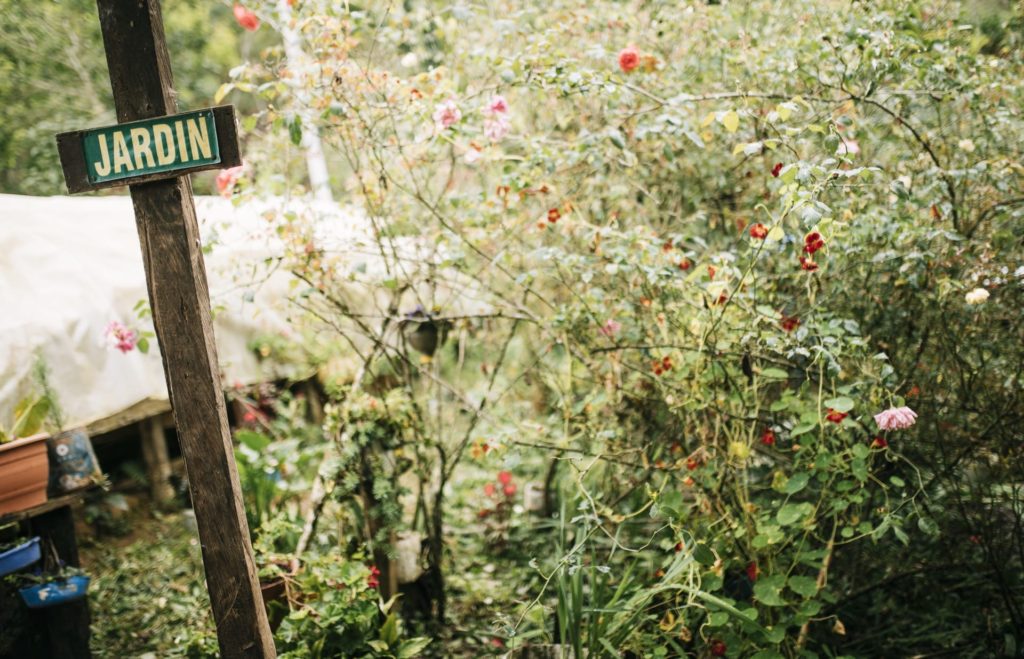
Genera Campos Garcia
Genera tends to the farm’s animals and the garden, which she uses to feed her family and her neighbours. Genera uses the organic fertilizer mix that is used for the coffee plants in her garden as well. During the coffee harvest season, she supports by husking, washing and drying.
“We have to be more concerned with preventing climate changes, because when it is sunny it burns very strongly and when it rains it is also too much. Sometimes it rains with lightning and thunder, it scares us! And we are also worried because the heavy rain also affects the coffee quite badly and this is a setback because the beans are spoiled.
Fairtrade is good for us because it helps us a lot through the training, which we didn’t have before. Fairtrade trains and supports us.”
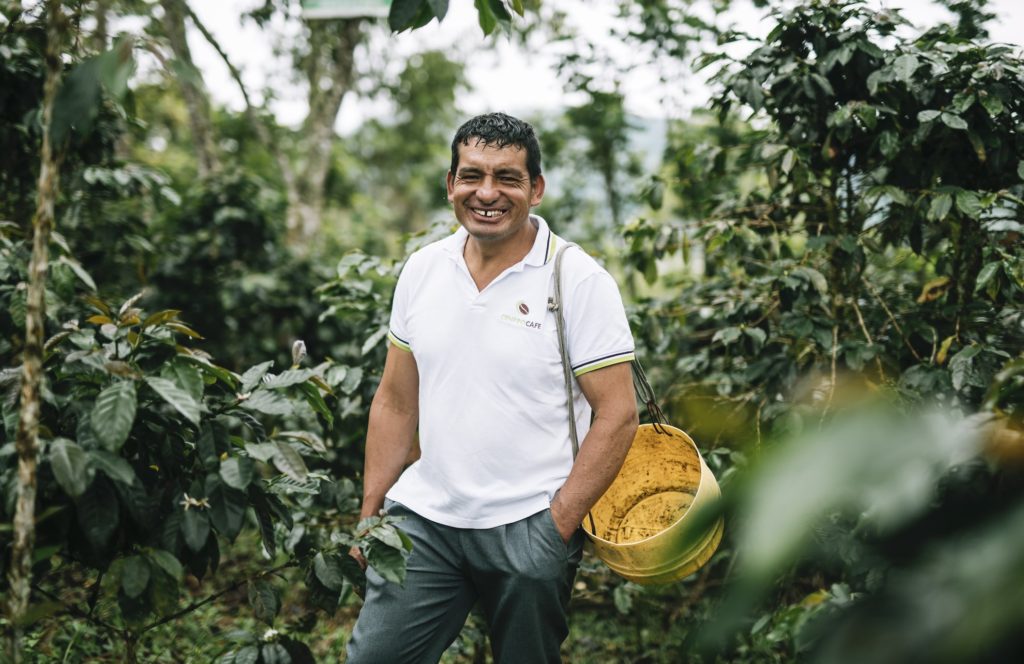
Evelio Ricardo Garcia Cordoba
Ricardo learnt about coffee production from his father, who was also a coffee farmer. From his 6 siblings, he is the only one who stayed in agriculture.
“Fairtrade has taught us what we did not know about coffee. Now we work with more technology, and the cooperative Cenfrocafe even has engineers who are responsible for training and technical support.”
Ricardo’s farm has a mix of fruit and timbre trees, which provide shade for the coffee plants.
“I would like to say that we, as coffee farmers who have dedicated ourselves to coffee, are anxious to sell an even better one – with great care, under healthy, hygienic conditions and well-prepared coffee. Even before sowing and harvesting, we are concerned about ensuring that the beans are well pulped, fermented and dried so that consumers can enjoy our product, which we produce here.”
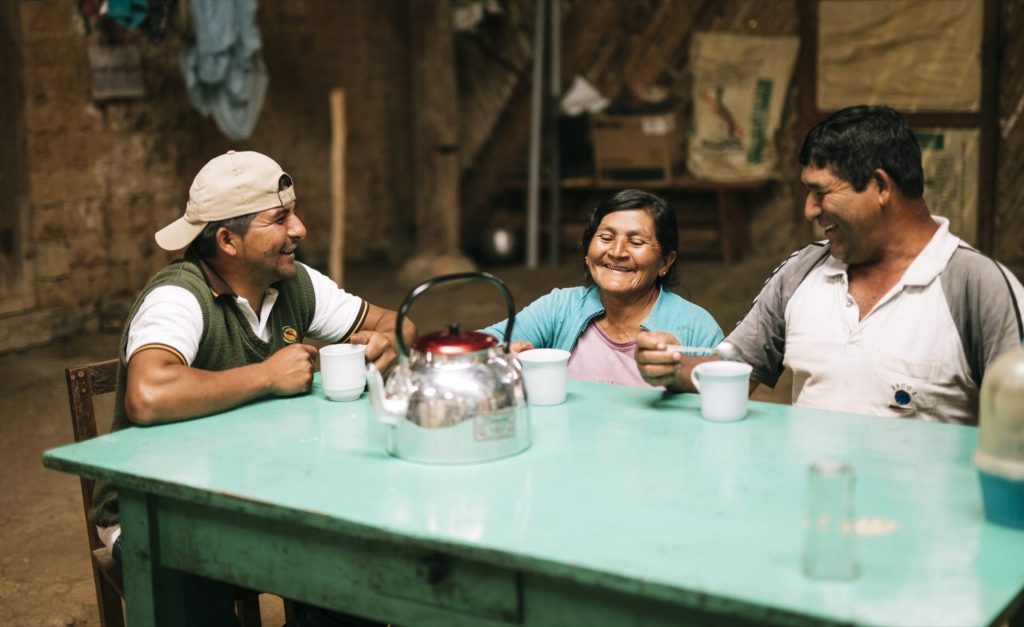
Edgar Chasquero Ocaña
Edgar learnt about coffee from his parents, who were living economic hardship while their coffee production was too small. Because there was no technical support, Edgar remained on the farm after finishing high school, so he could help.
“Our young people consider coffee growing as the last resort, because they are thinking of moving away and getting a job in the city. Coffee production is a bit expensive in the beginning, and if you don’t have any support, it gets complicated. The young people who go to study do not come back, they do not look for a job here. I see it in the price of coffee. In the time that I have been here, I see a youth that is insecure and does not plan to engage in these expensive activities here. Some of them start but stop halfway through. They cannot continue. They leave this activity and go to the city.
For them, I have the message that behind every coffee bean there is a great effort of a farmer who dedicates himself to this activity, who has a family. The message would be that we get a fair price to produce a quintal (equal to 100 kg) of coffee or a coffee bean. This price should be such that those who consume should consume with a clear conscience, and that means that the producer should also be able to live in dignity.”
